Its been many years now since 2002 when the Australian Enviro Protection & Heritage Council decided on a nation wide need to reduce plastic bags. In place there was a set target with a gradual reduction of plastic bags in place as well as a recycling target to be met. So far this initiative is working! In 2002 there were 5.95 billion plastic bags used. Today there is probably around 3 billion bags so almost a halving since 2002.
- Australia has successfully reduced plastic bag usage by almost half since the nationwide initiative in 2002.
- The shift towards reusable alternatives like calico and non-woven bags, as well as the increased use of paper bags.
- Businesses can take advantage of the ongoing plastic bag reduction phase by offering custom printed bags.
So our population has increased and our bag use has gone down. So what gives? What do we use to carry things around? Well the use of paper bags has gone up heaps, but the major contributor has been the reuse of products such as calico bags and non woven bags. Commonly these bags are branded with company logos and are resused. It is a very common site to see promotional bags being used every single day.

If you are planning a conference now is a good chance to jump in with your own custom printed calico or custom printed non woven bags for your potential customer to use and re use whilst advertising your brand. Why? Well the next phase of the plastic bag reduction is actually a 100% phase out! This has already been supported by most retailers and super markets and is now just a matter of time until all retail bags are either paper bags or where no bag is supplied and that customers have to bring their own.

In fact many places where I shop now require me to purchase a bag or to use my own. So now is the perfect time to jump in whilst Australia is in a plastic bag reduction phase to ensure that your brand gets out their first!! Phasing out plastic bags is recommended for several important reasons:
- Environmental Impact: Plastic bags are a major contributor to environmental pollution. They are not biodegradable and can persist in the environment for hundreds of years. Plastic bags often end up in landfills, waterways, and oceans, posing a significant threat to wildlife and marine ecosystems. They can be ingested by animals, causing harm or death. By phasing out plastic bags, we can reduce the amount of plastic waste and mitigate its negative impact on the environment.
- Resource Depletion: Plastic bags are made from non-renewable resources such as crude oil and natural gas. The production of plastic bags consumes significant amounts of energy and contributes to greenhouse gas emissions. By transitioning to more sustainable alternatives, we can conserve resources and reduce our carbon footprint.
- Promoting Sustainable Practices: Phasing out plastic bags encourages the adoption of sustainable practices and responsible consumer behavior. It raises awareness about the environmental consequences of single-use plastics and encourages individuals to embrace reusable alternatives like cloth bags, paper bags, or biodegradable options. This shift in behavior promotes a more conscious and eco-friendly approach to shopping and reduces reliance on disposable plastics.
- Encouraging Innovation: The phase-out of plastic bags drives innovation in the development of alternative packaging solutions. It stimulates the creation of eco-friendly materials and encourages businesses and consumers to explore more sustainable options. This can lead to the emergence of new technologies and products that have a reduced impact on the environment.
Final Overview
Australia has made significant progress in reducing plastic bag usage since the nationwide initiative in 2002. The adoption of reusable alternatives like calico and non-woven bags, along with the increased use of paper bags, has contributed to the decline. Businesses have the opportunity to promote their brands through custom printed bags, especially with the upcoming phase-out of plastic bags. It is a crucial time to align with the ongoing reduction efforts and establish brand presence while supporting sustainability.
About the Author






 Sale
Sale

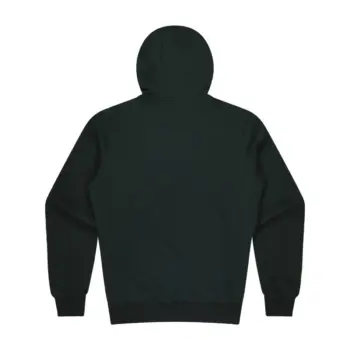


 Corporate Uniforms
Corporate Uniforms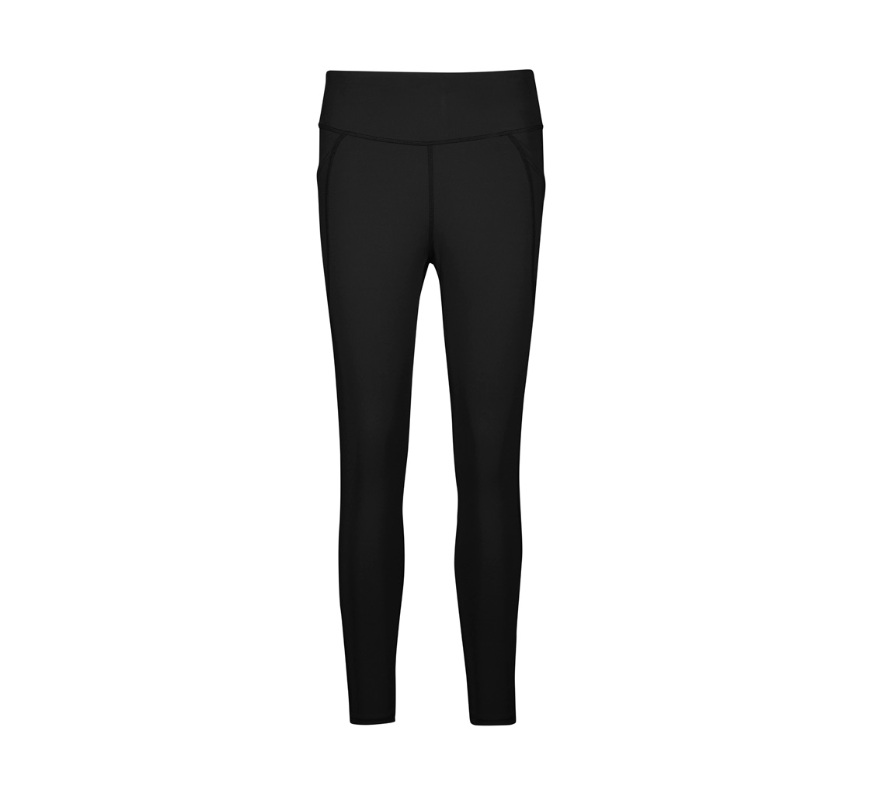 Eco Apparel
Eco Apparel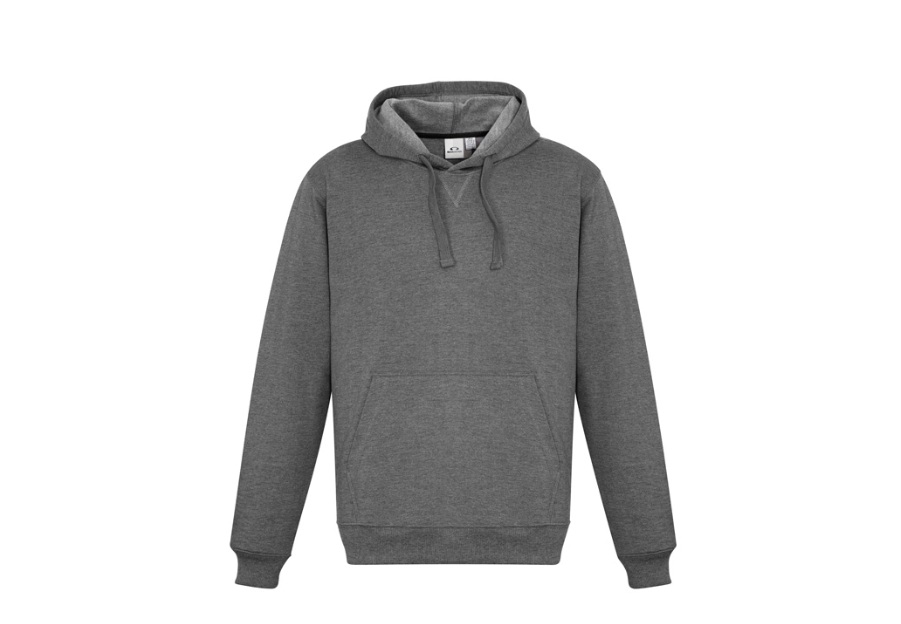 Hoodies & Sweaters
Hoodies & Sweaters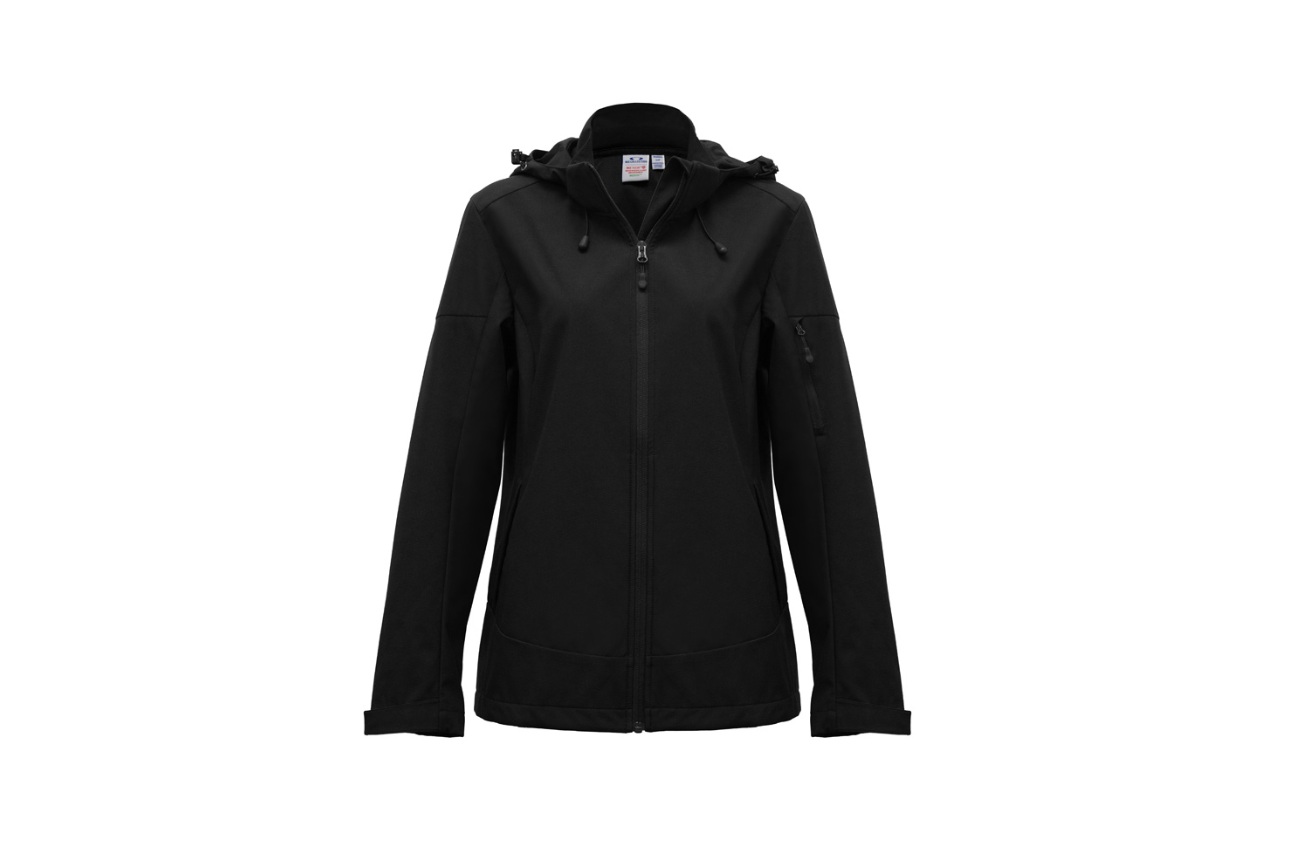 Jackets
Jackets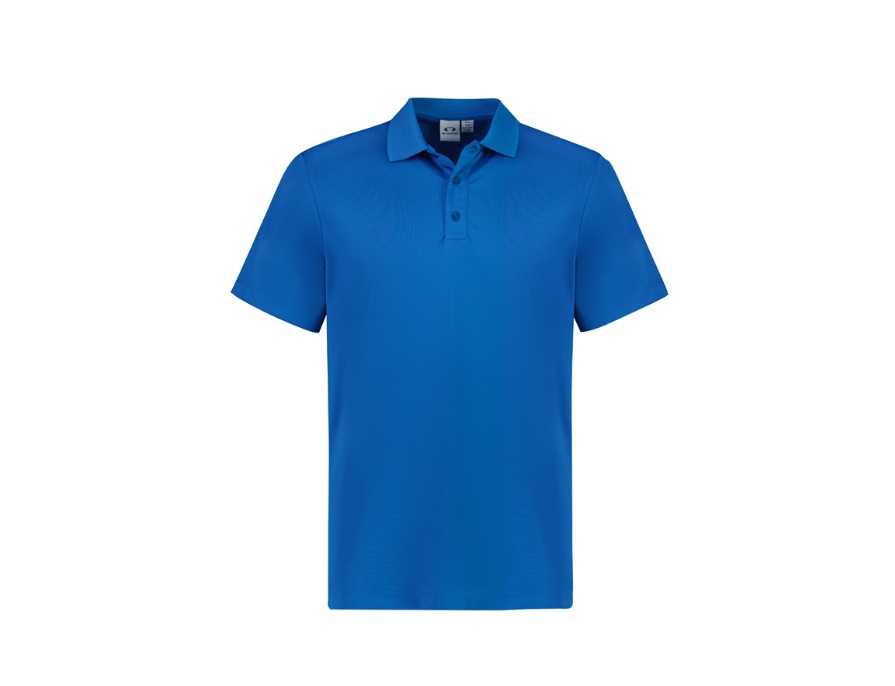 Kids' Clothes
Kids' Clothes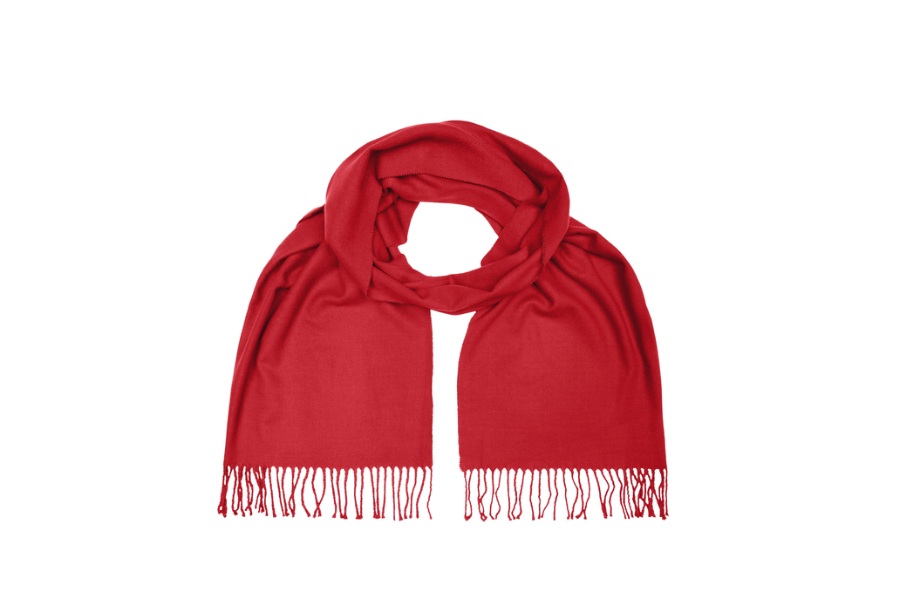 Other Apparel
Other Apparel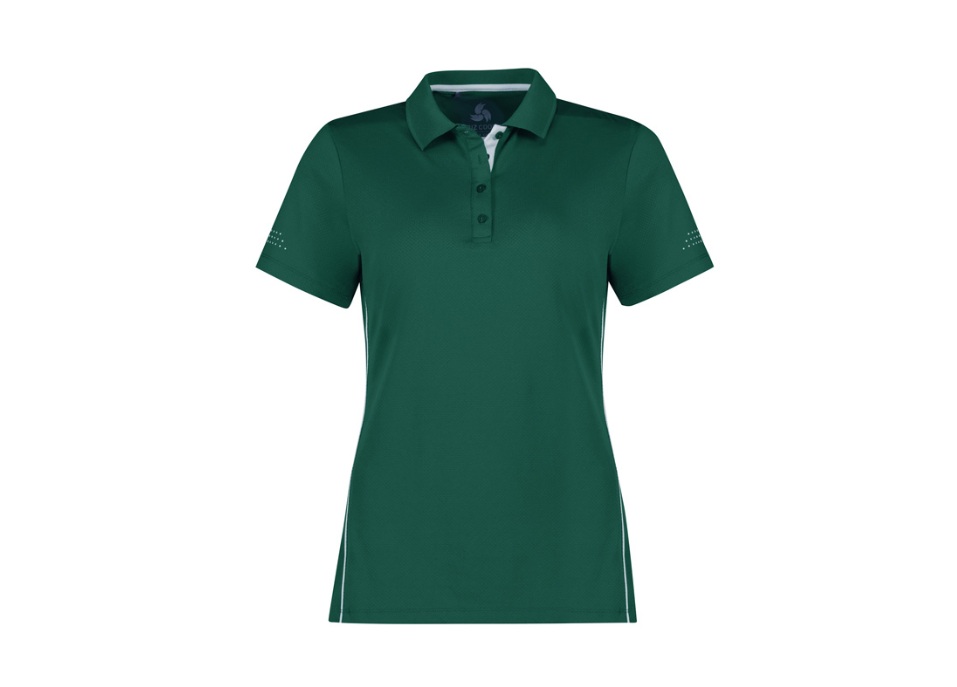 Polo Shirts
Polo Shirts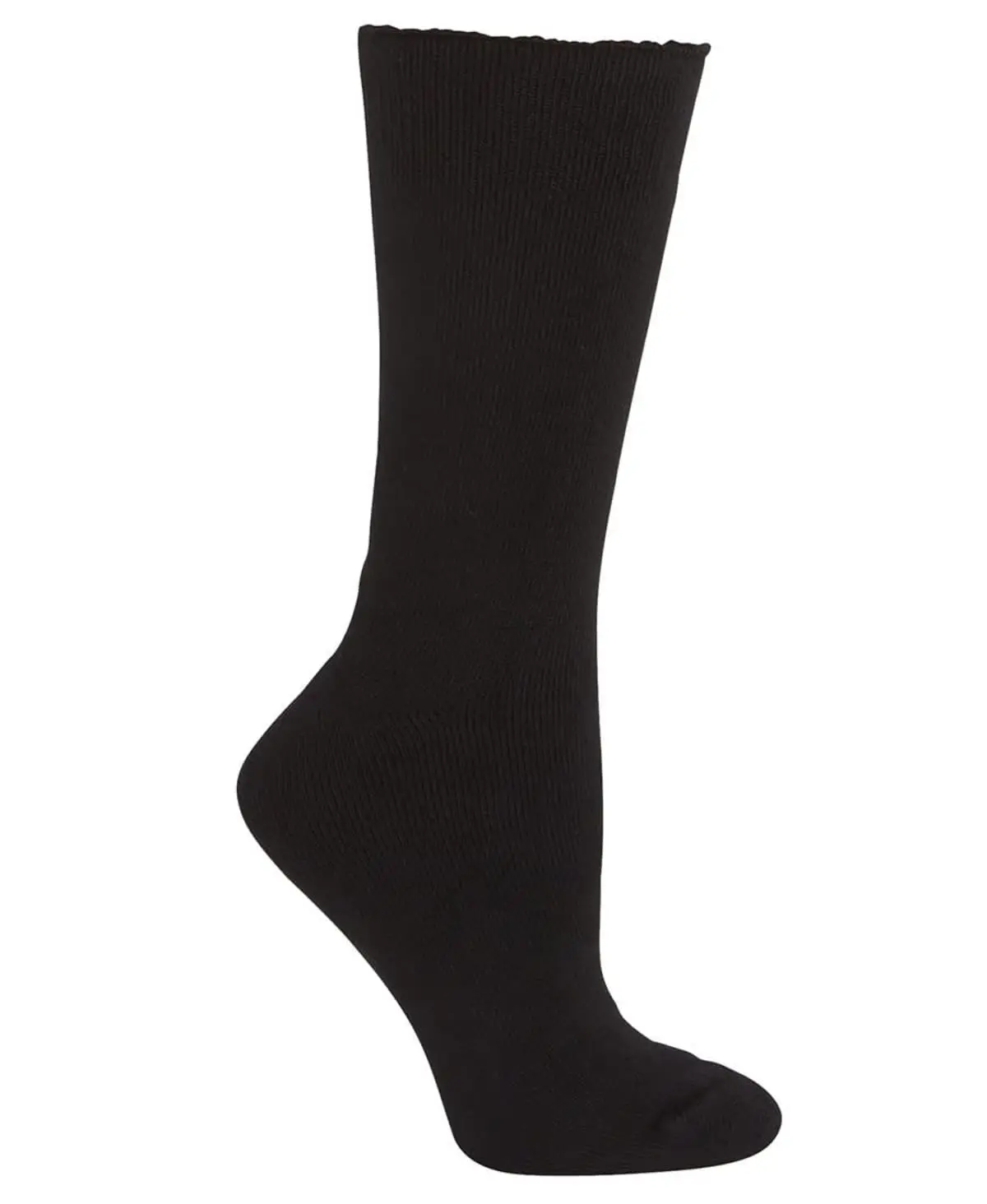 Socks
Socks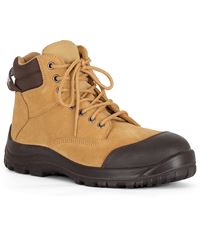 Shoes
Shoes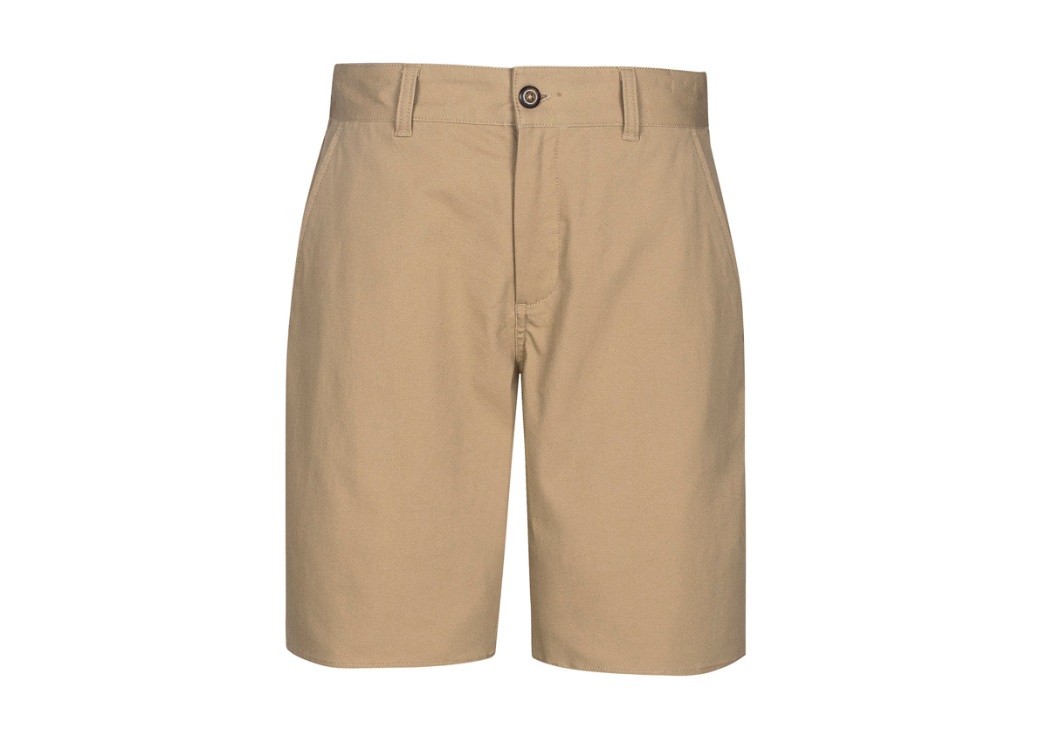 Sports Bottoms
Sports Bottoms Sports Uniforms
Sports Uniforms Tee Shirts
Tee Shirts Workwear
Workwear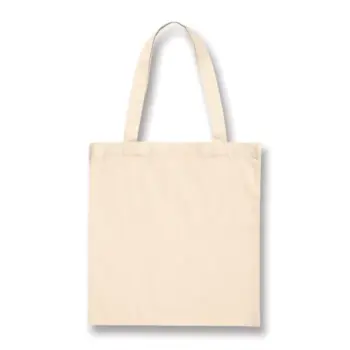
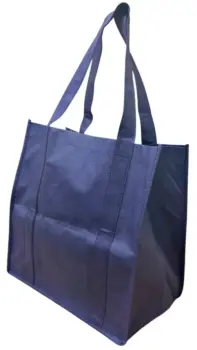
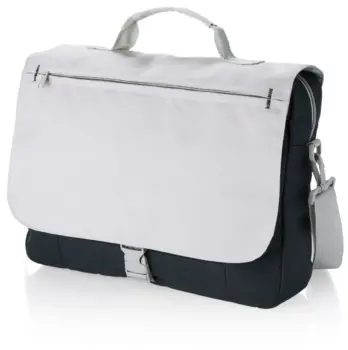
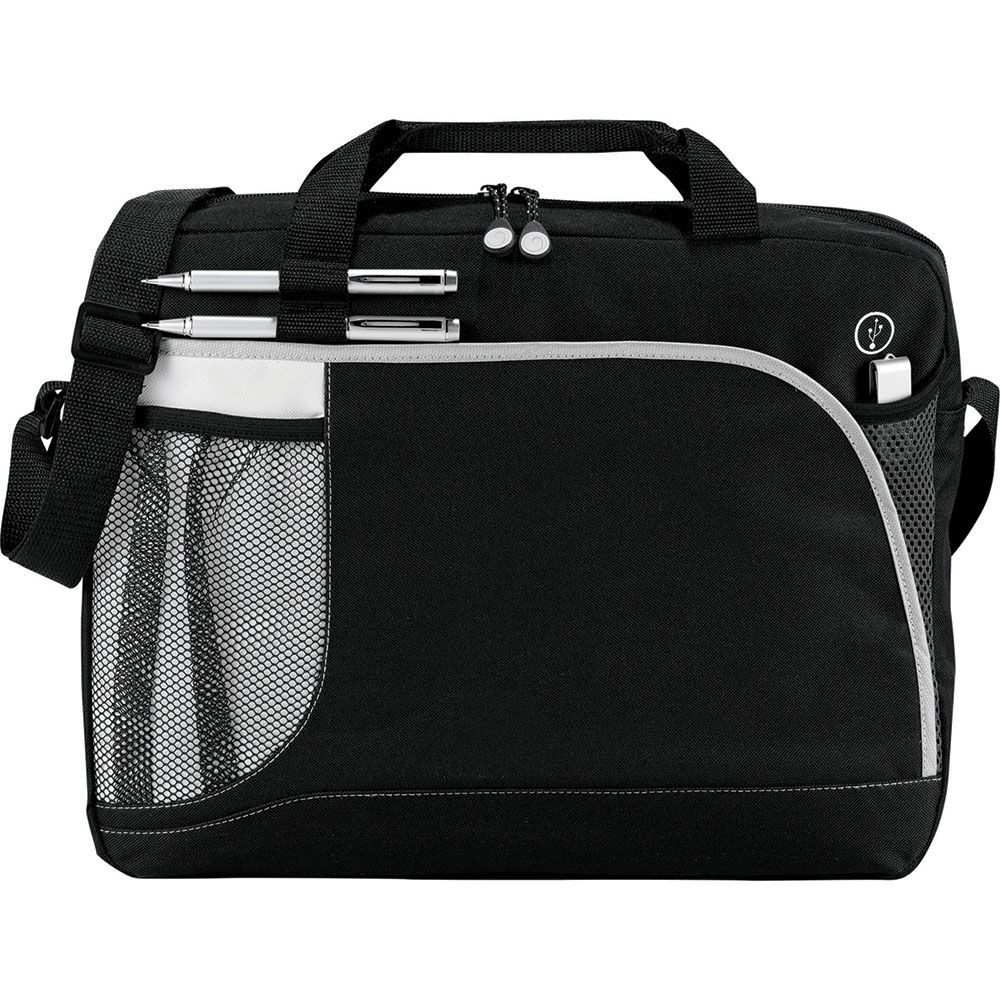 Briefcases
Briefcases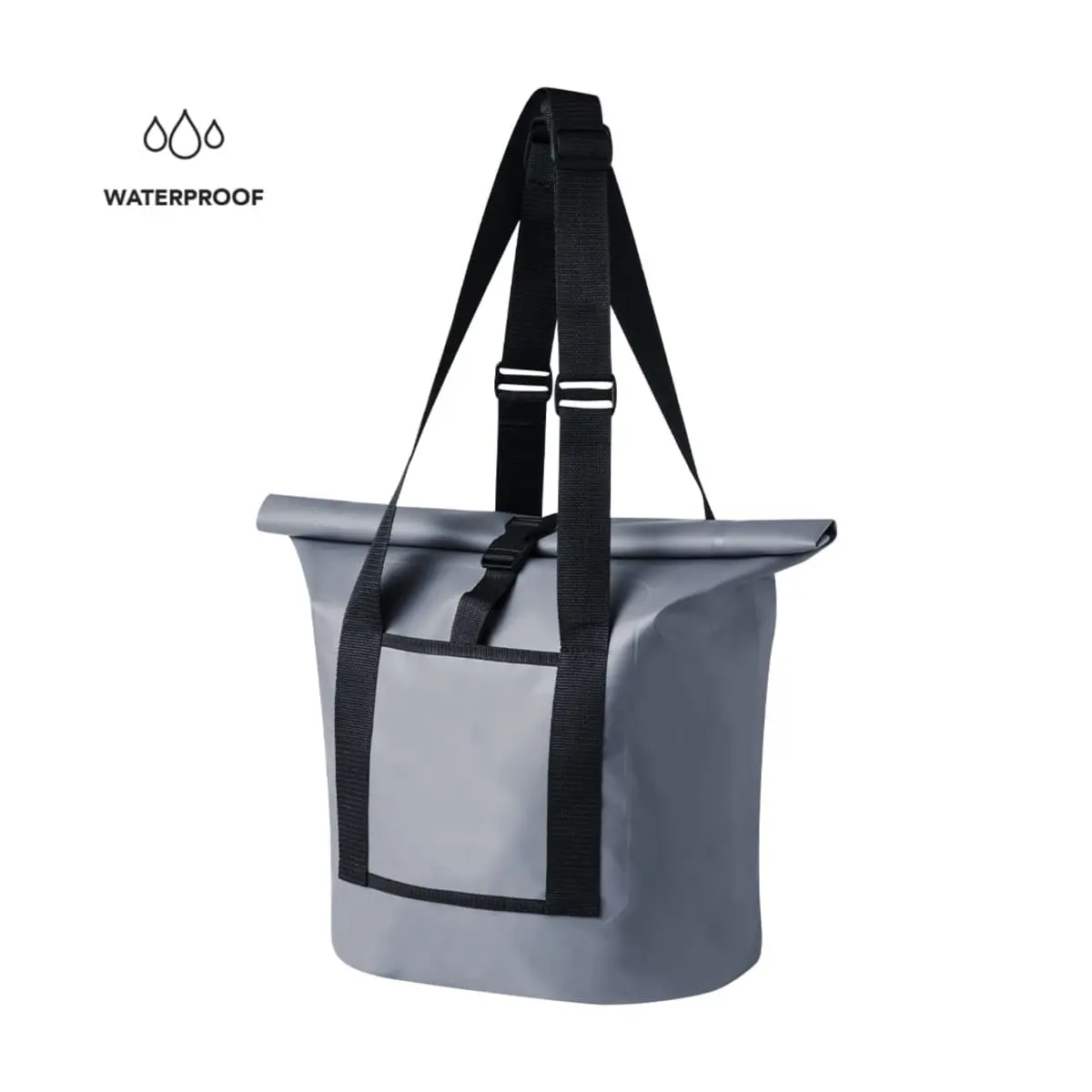 Dry Bags
Dry Bags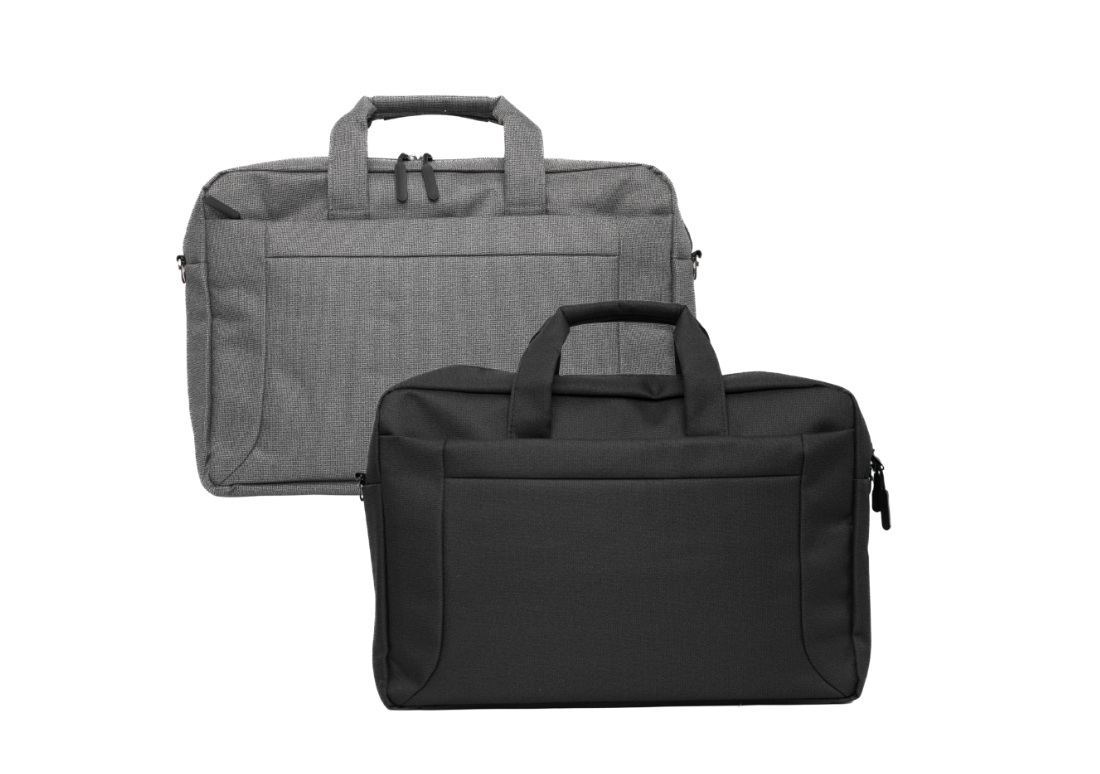 Laptop
Laptop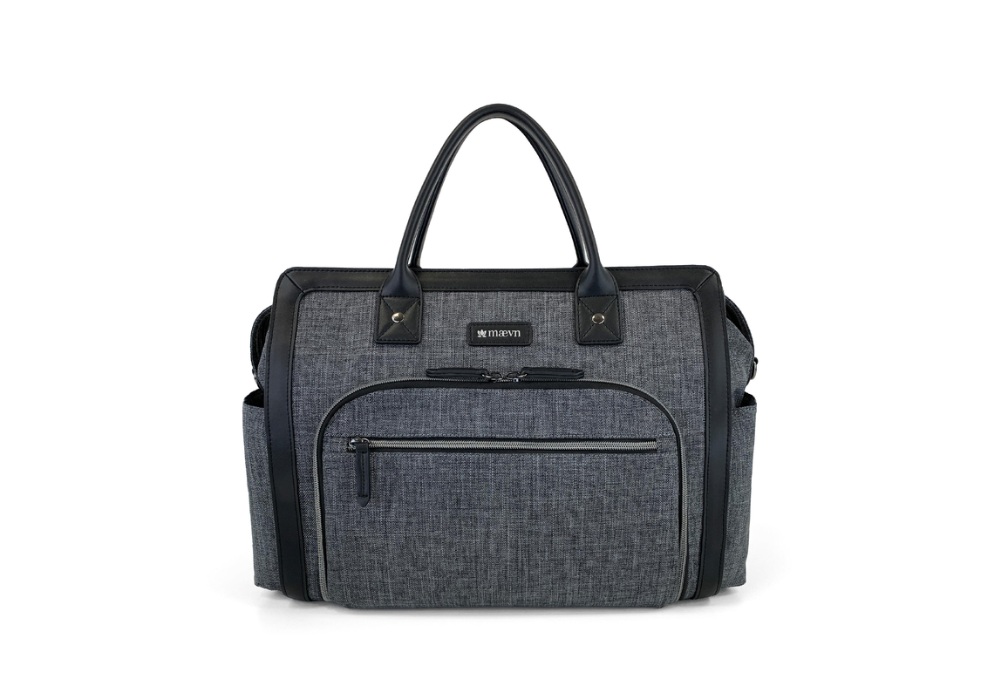 Satchels
Satchels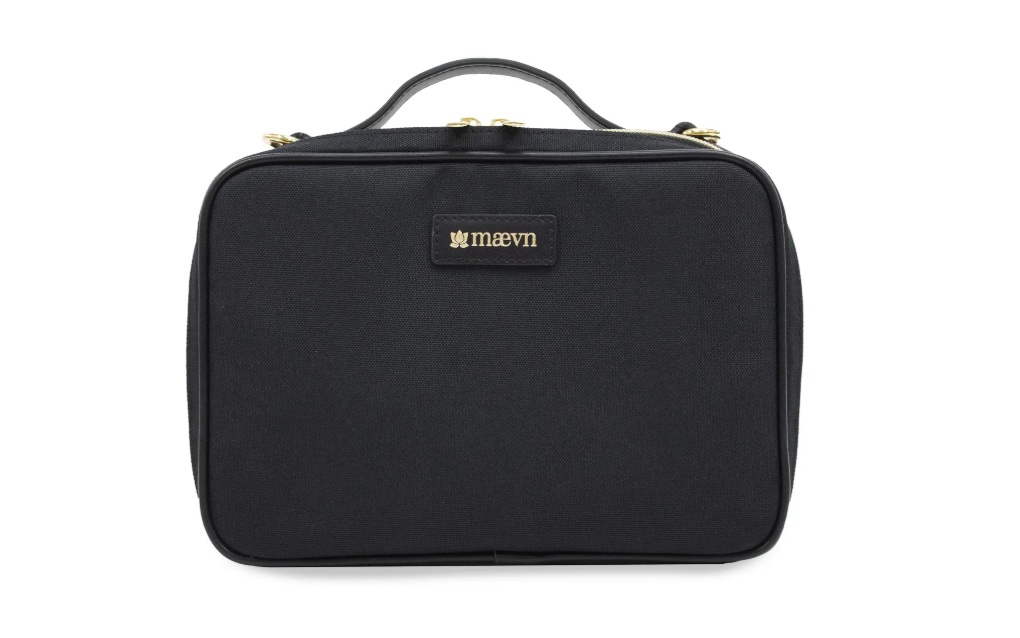 Specialised Bags
Specialised Bags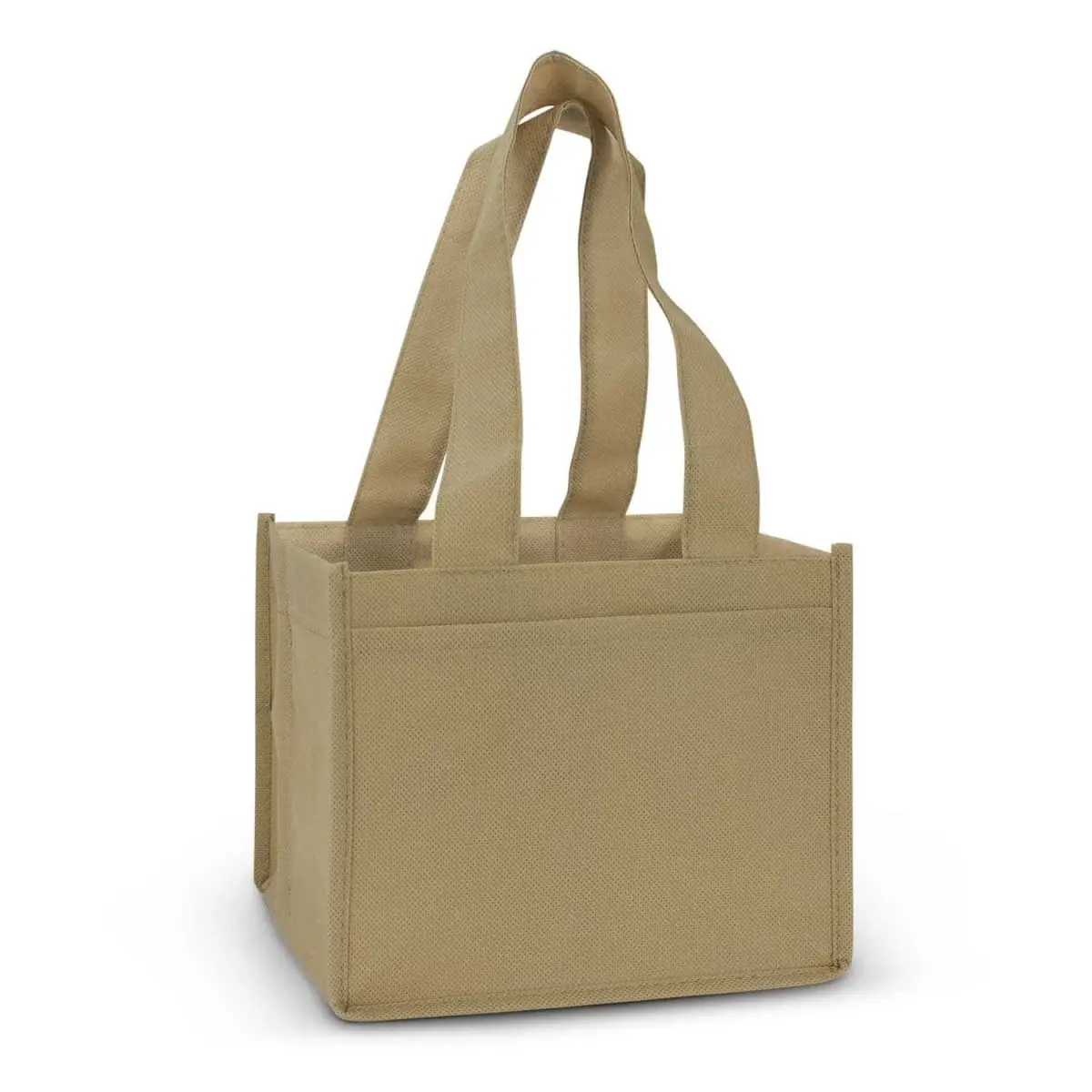 Tote Bags
Tote Bags


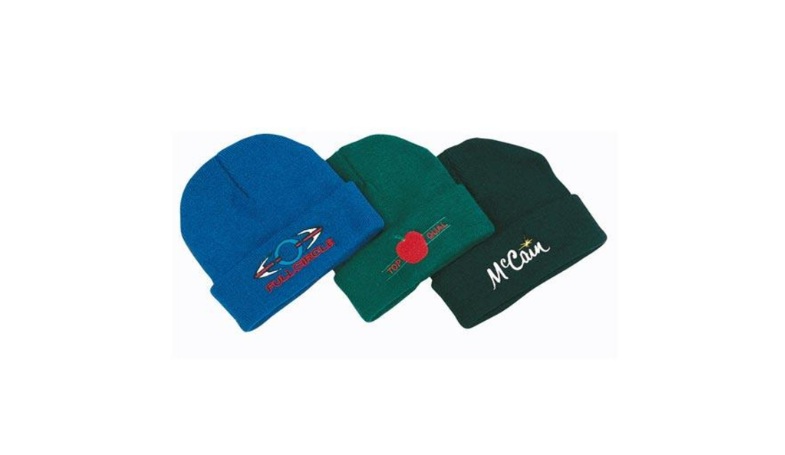 Beanies
Beanies Caps
Caps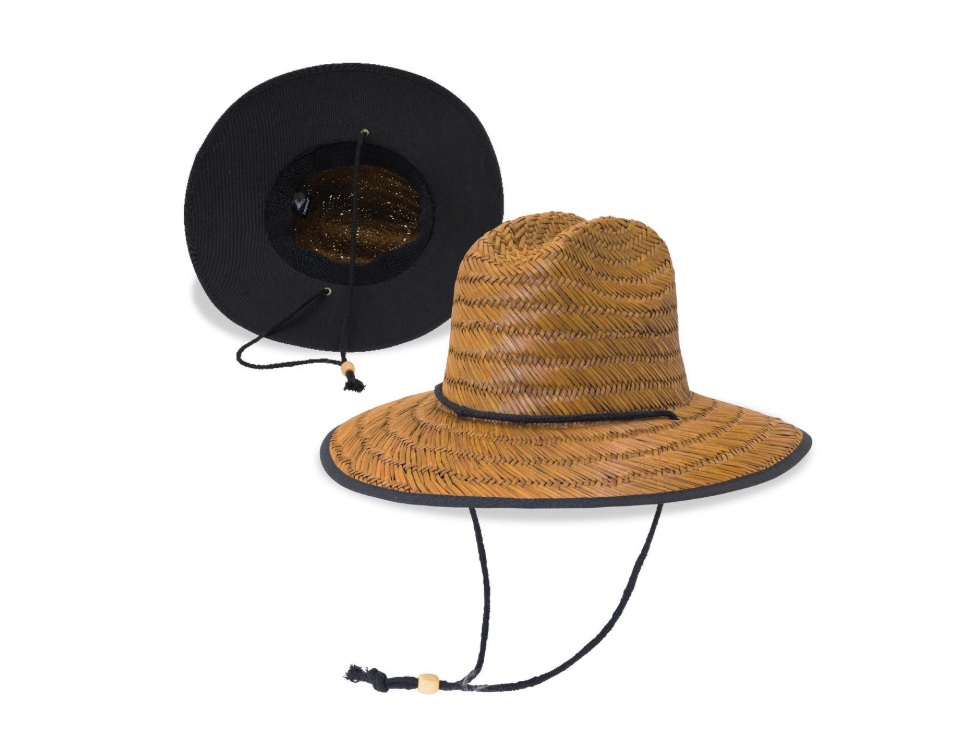 Straw Hats
Straw Hats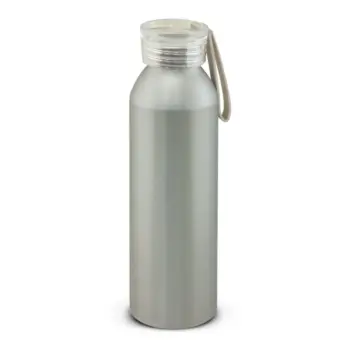
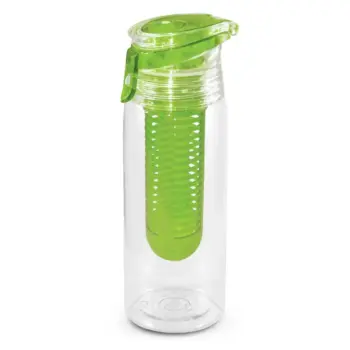

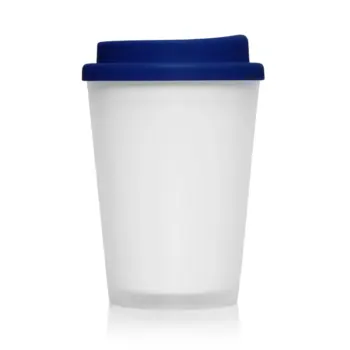

 Bottled Water
Bottled Water Drinkware Gift Sets
Drinkware Gift Sets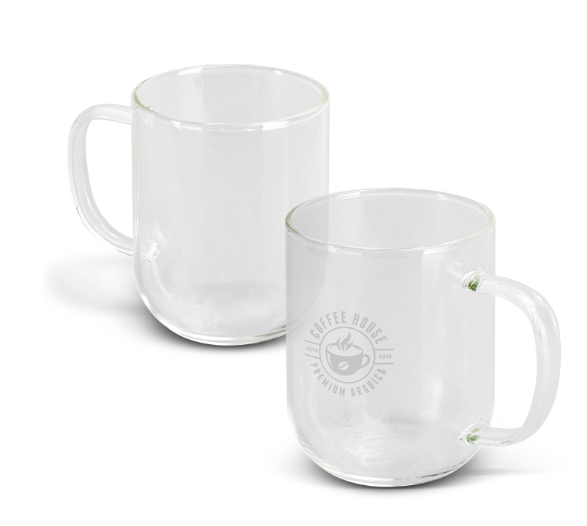 Glass & Poly Cups
Glass & Poly Cups Mason Jars
Mason Jars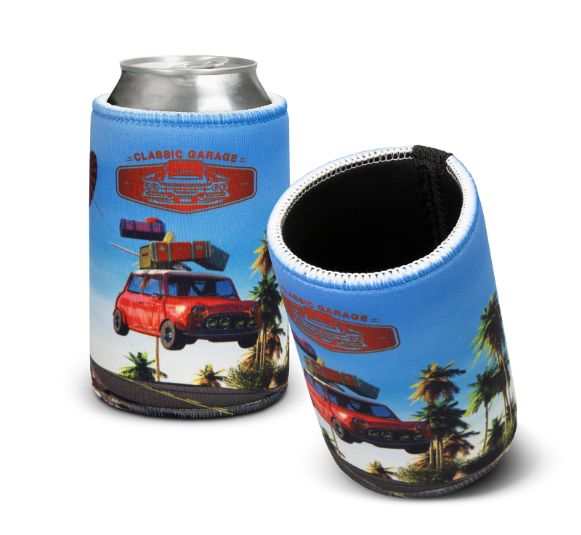 Stubby | Bar & Drinkware
Stubby | Bar & Drinkware Wines
Wines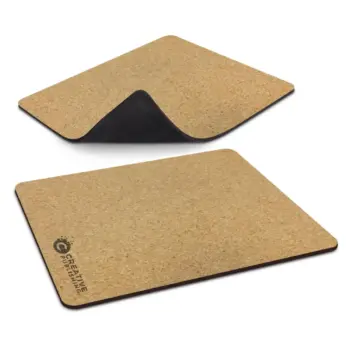



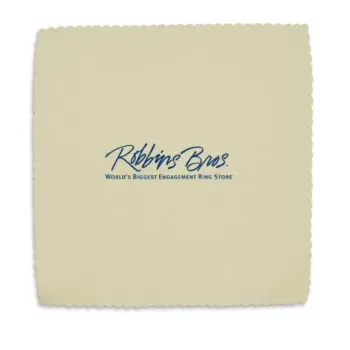
 Business Card Holders
Business Card Holders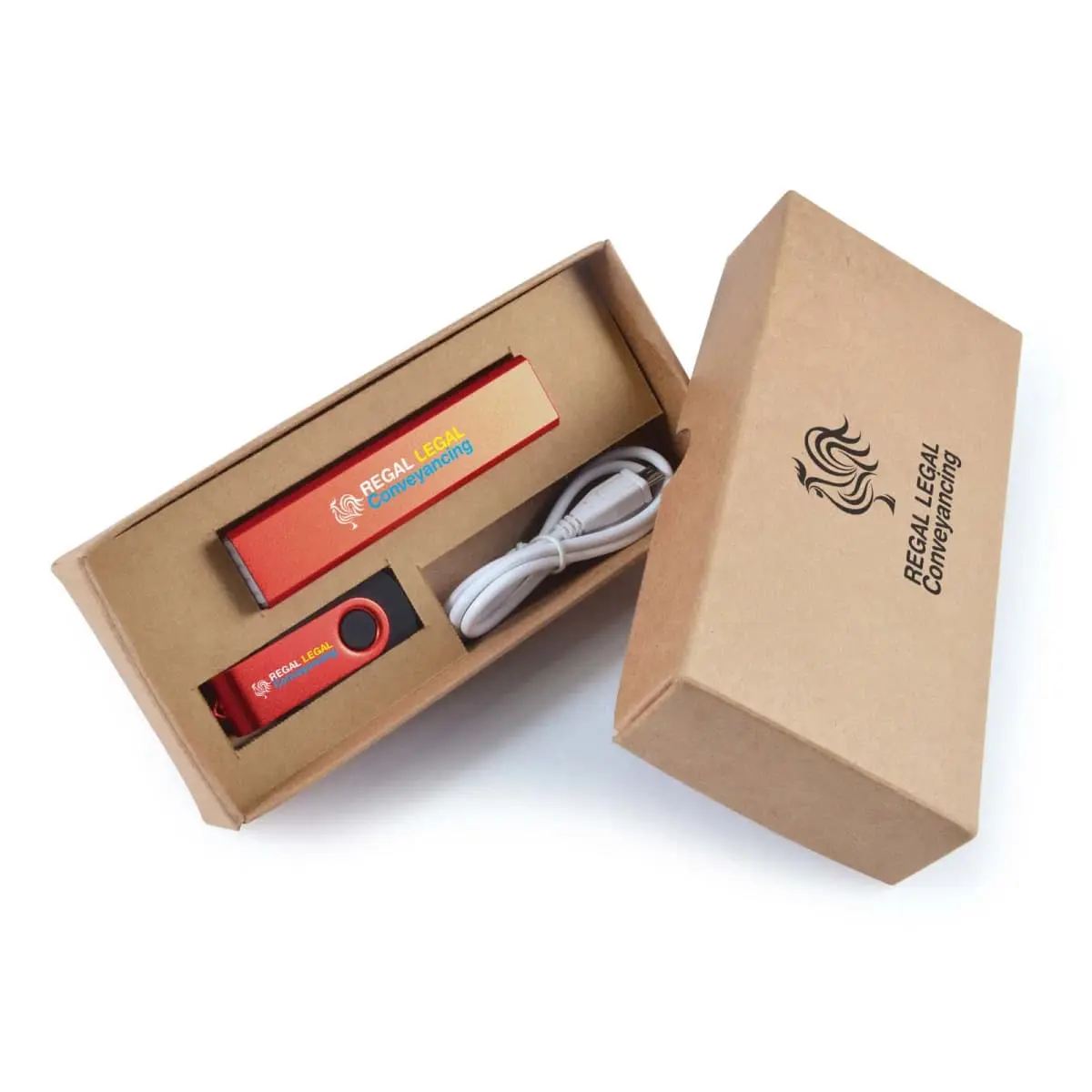 IT Gift Sets
IT Gift Sets Tech Computers
Tech Computers



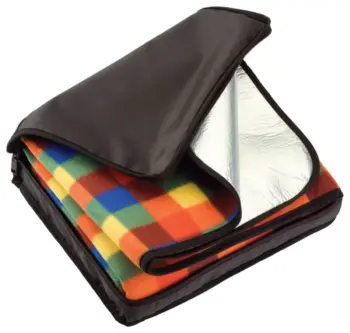
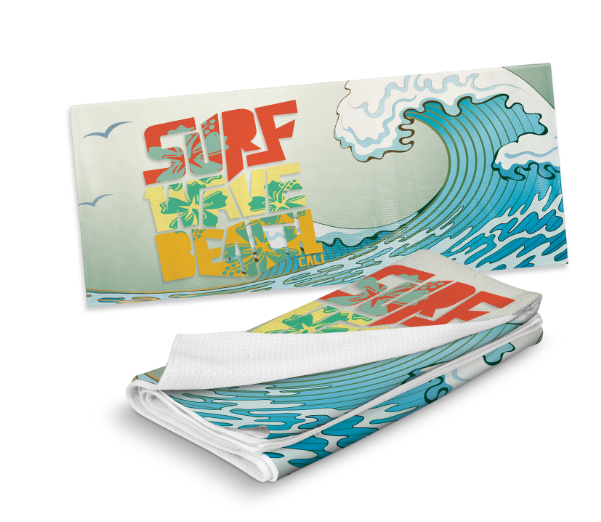 Beach Towels
Beach Towels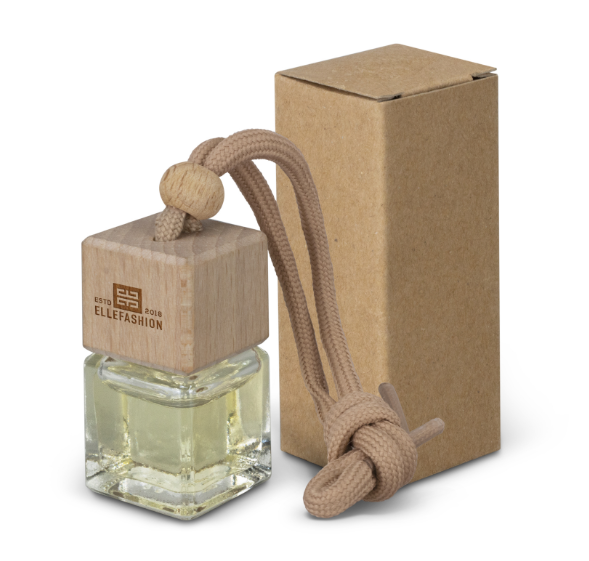 Car Accessories
Car Accessories Golf
Golf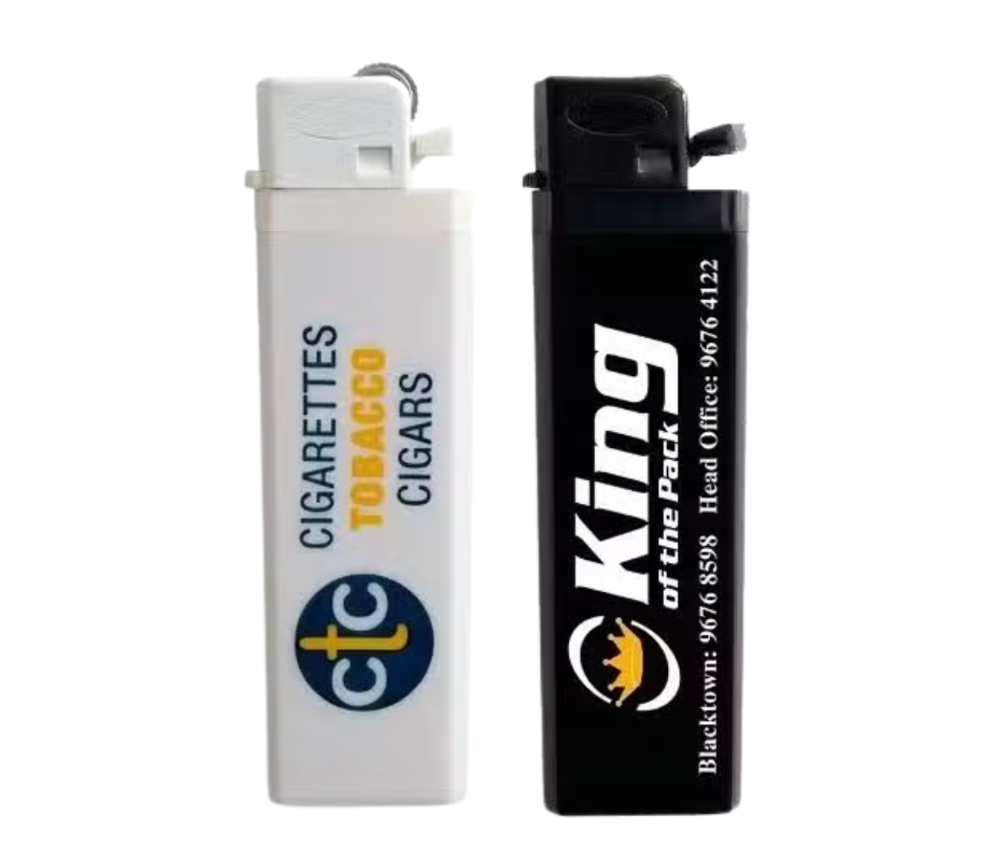 Lighters
Lighters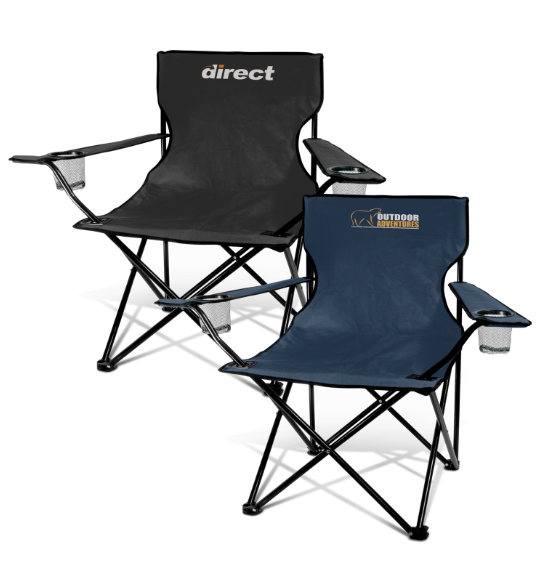 Picnic Gear
Picnic Gear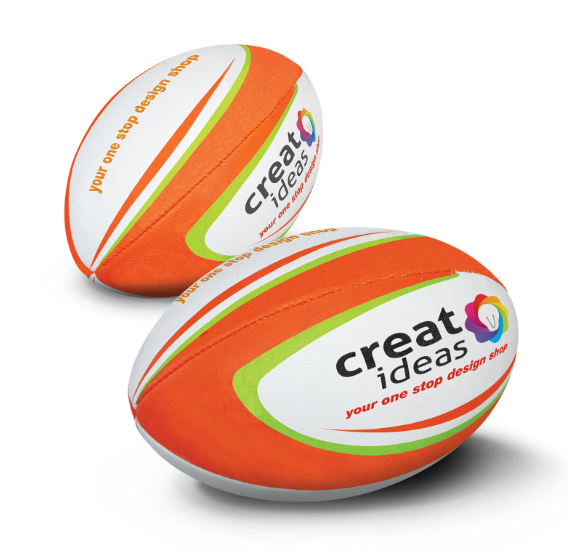 Sports Items
Sports Items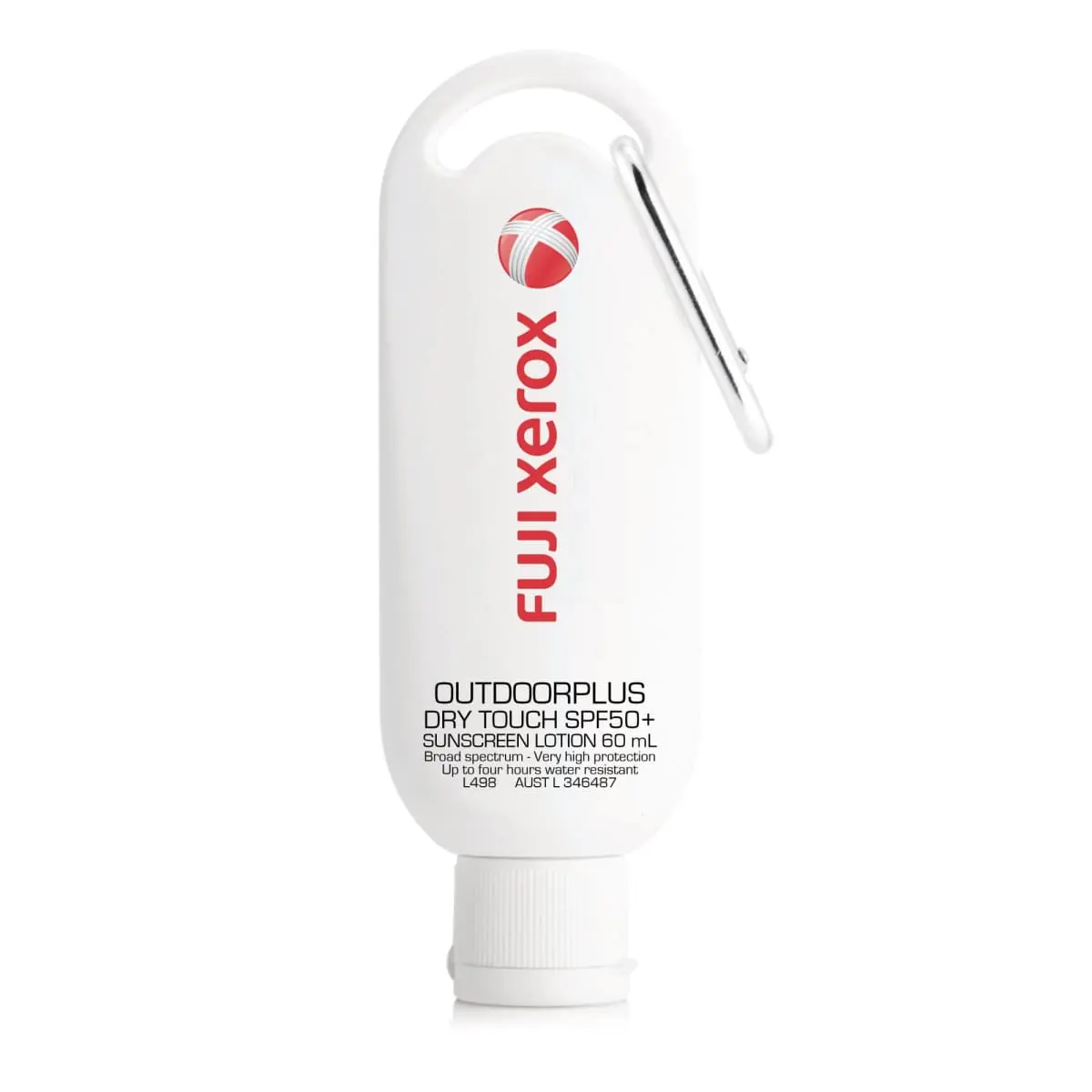 Sunscreens
Sunscreens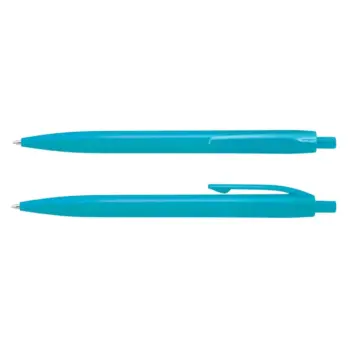

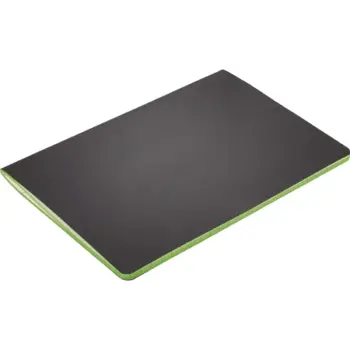
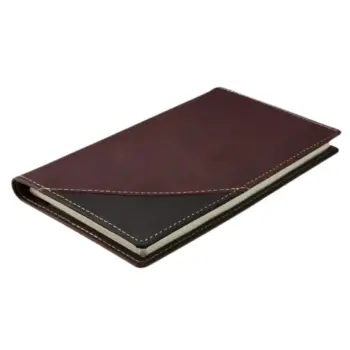
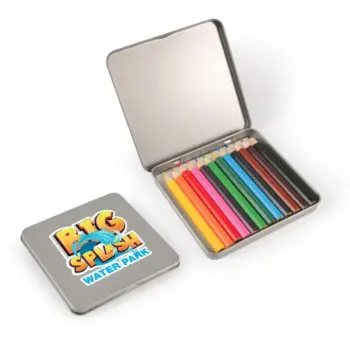
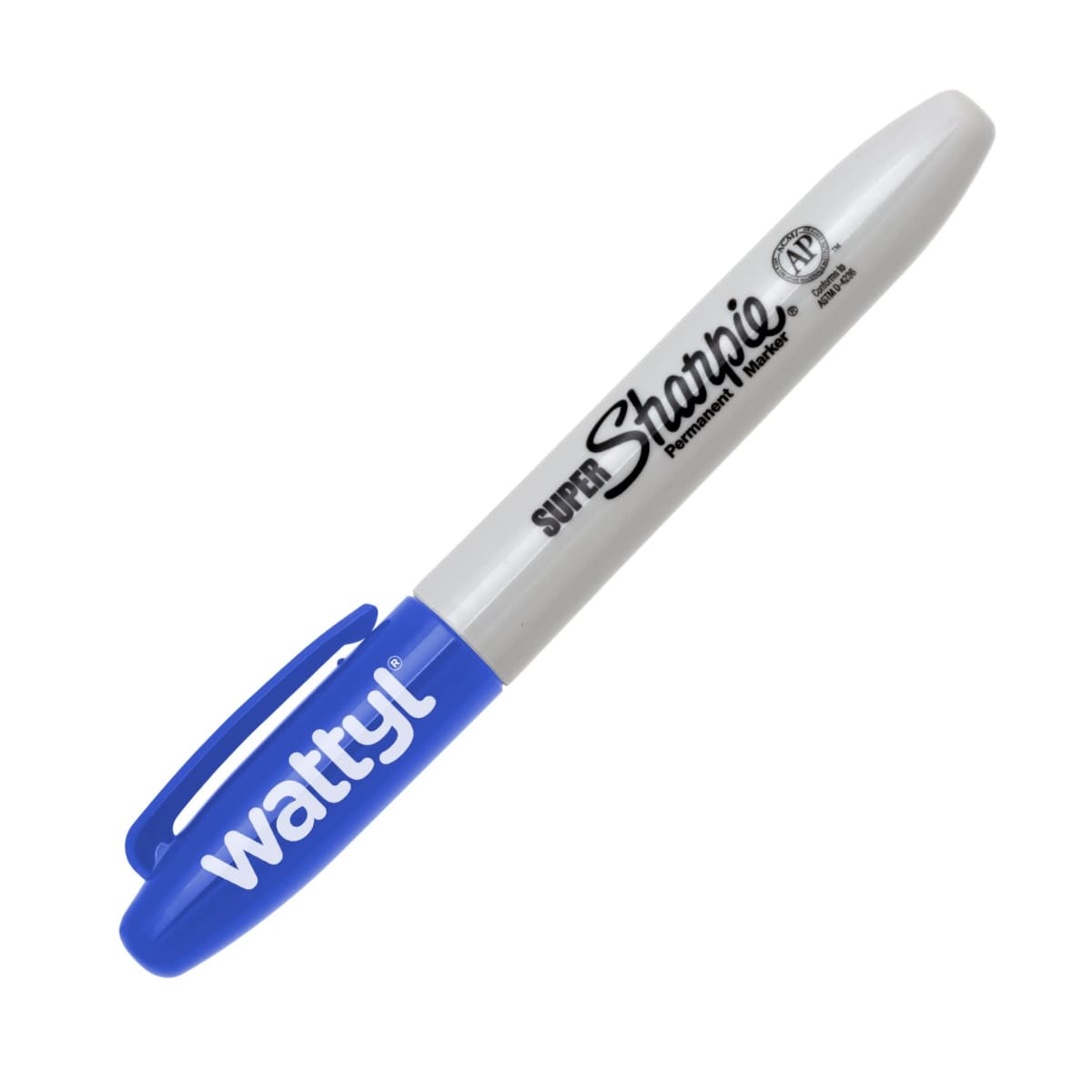 Markers
Markers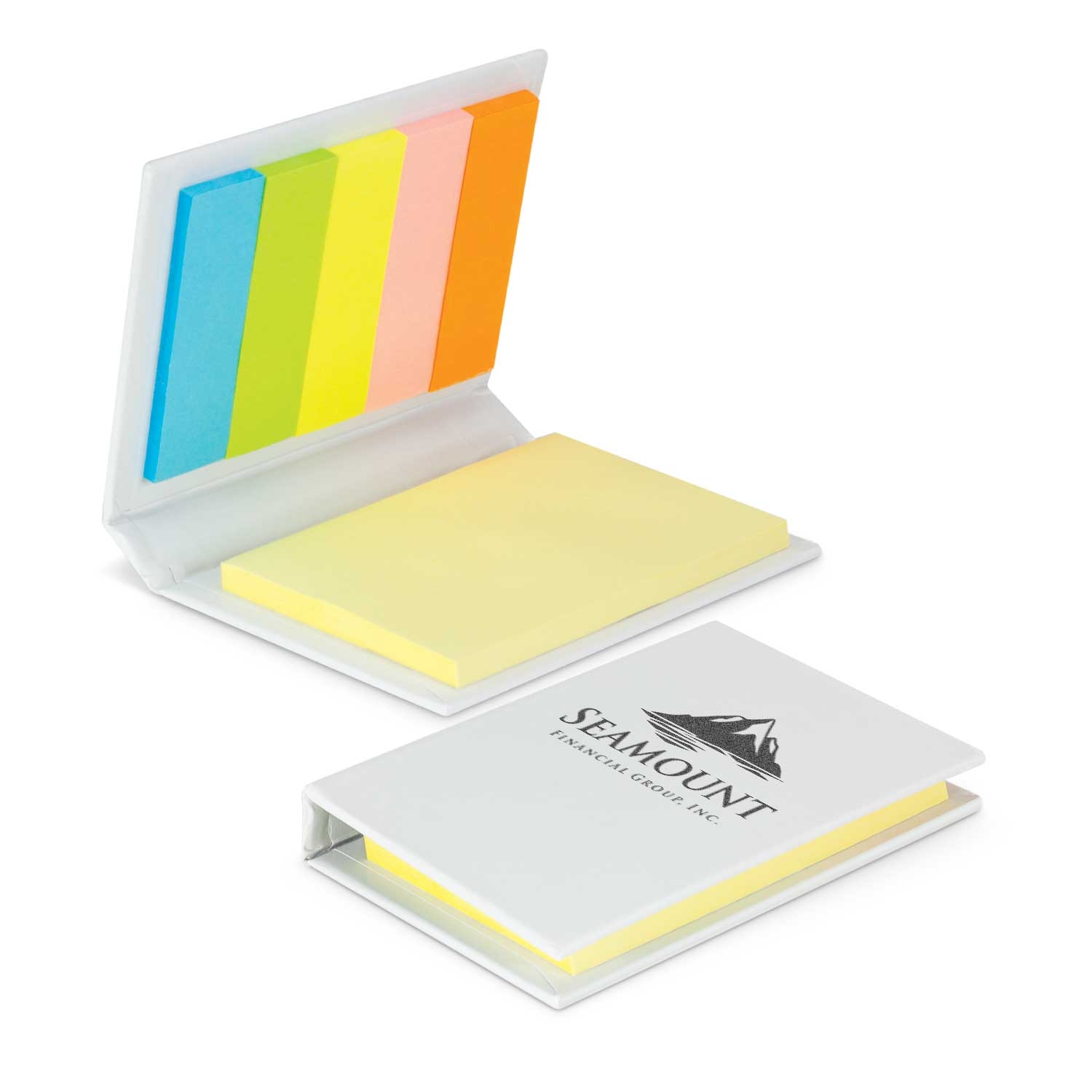 Post-It & Sticky Notes
Post-It & Sticky Notes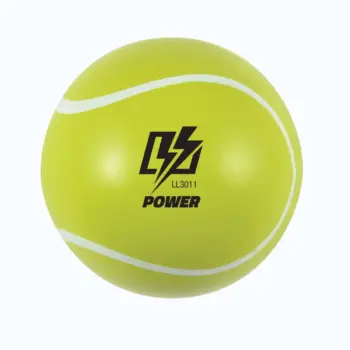



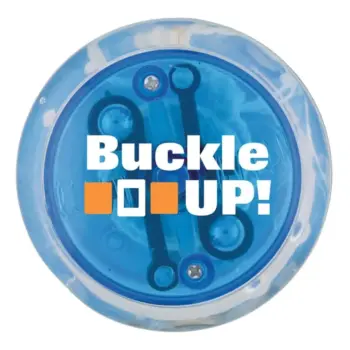
 Card Decks
Card Decks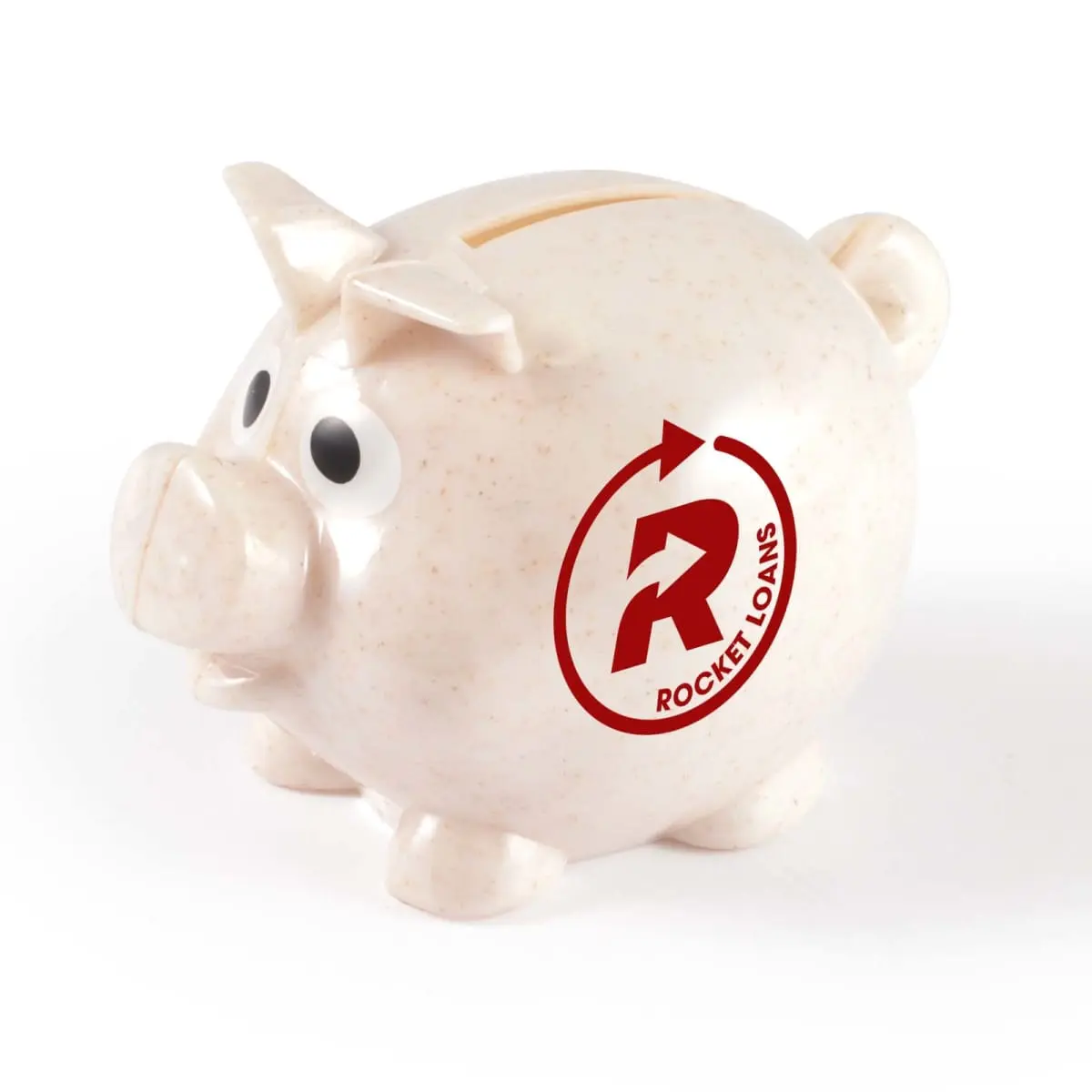 Coin Banks
Coin Banks Conference Toys
Conference Toys Event Toys
Event Toys Frisbees
Frisbees Games & Puzzles
Games & Puzzles Kids
Kids Plush Toys
Plush Toys
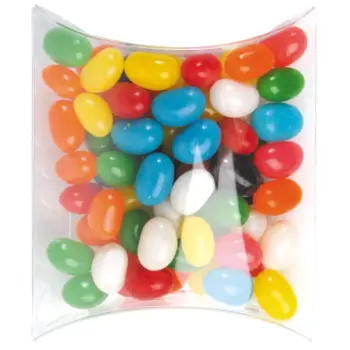
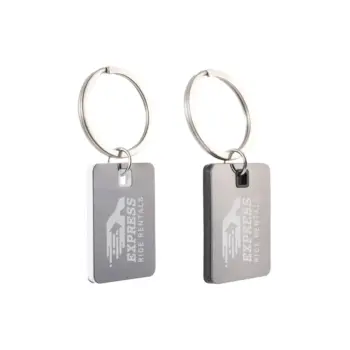


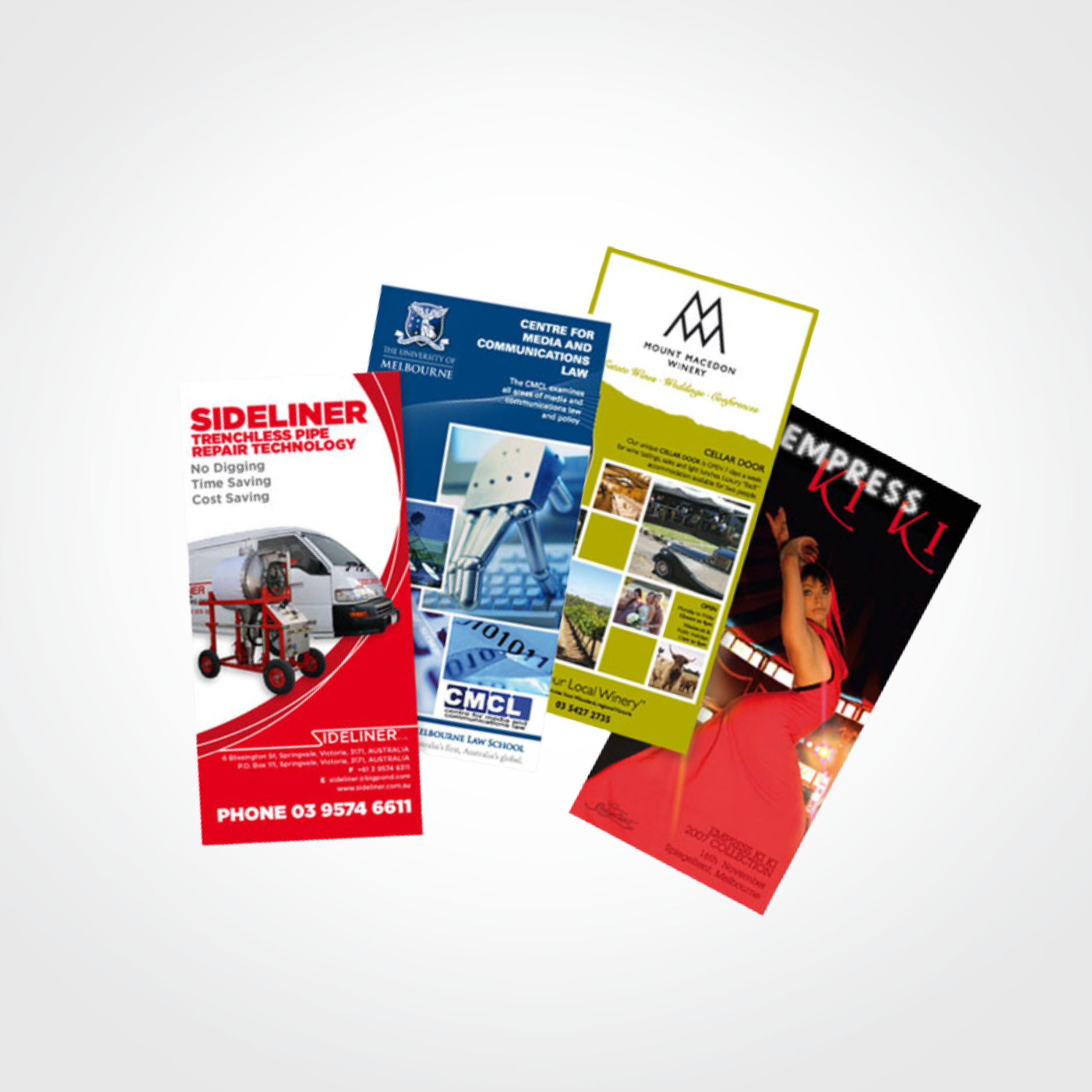 Print | Signage
Print | Signage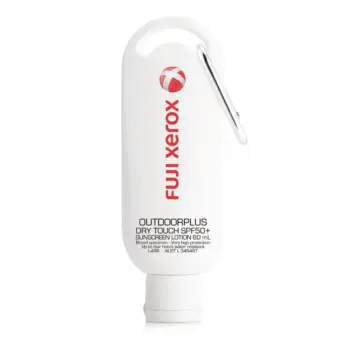
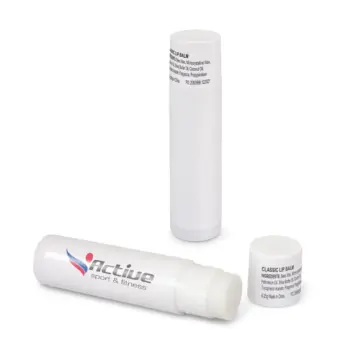
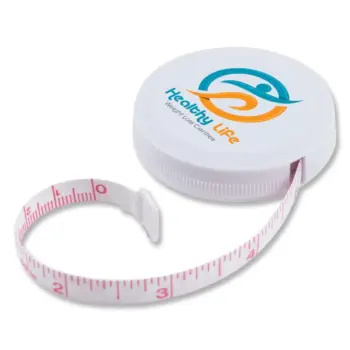
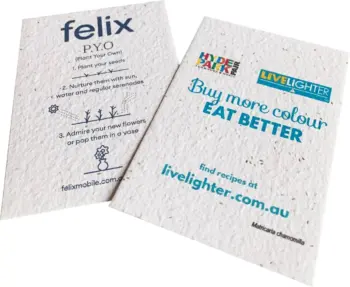
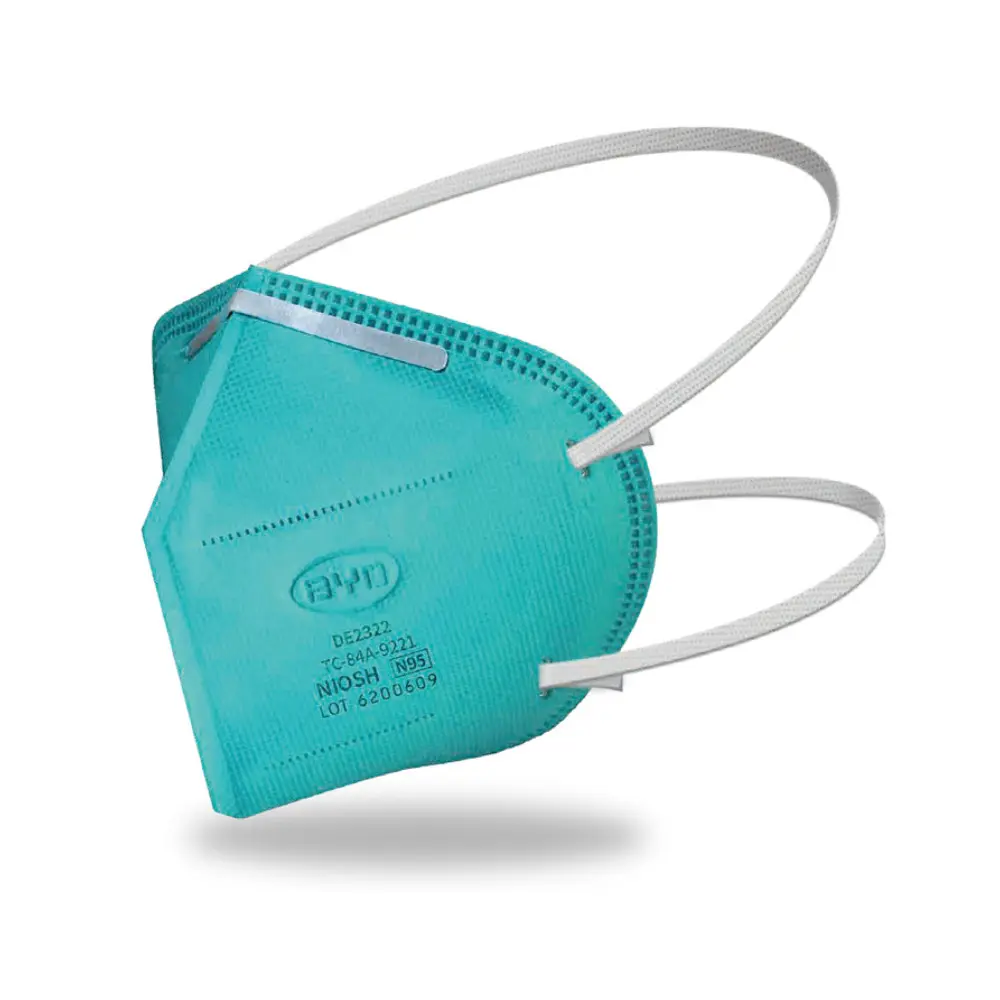 Antibacterial
Antibacterial Eco Products
Eco Products Gift Box Sets
Gift Box Sets Homeware
Homeware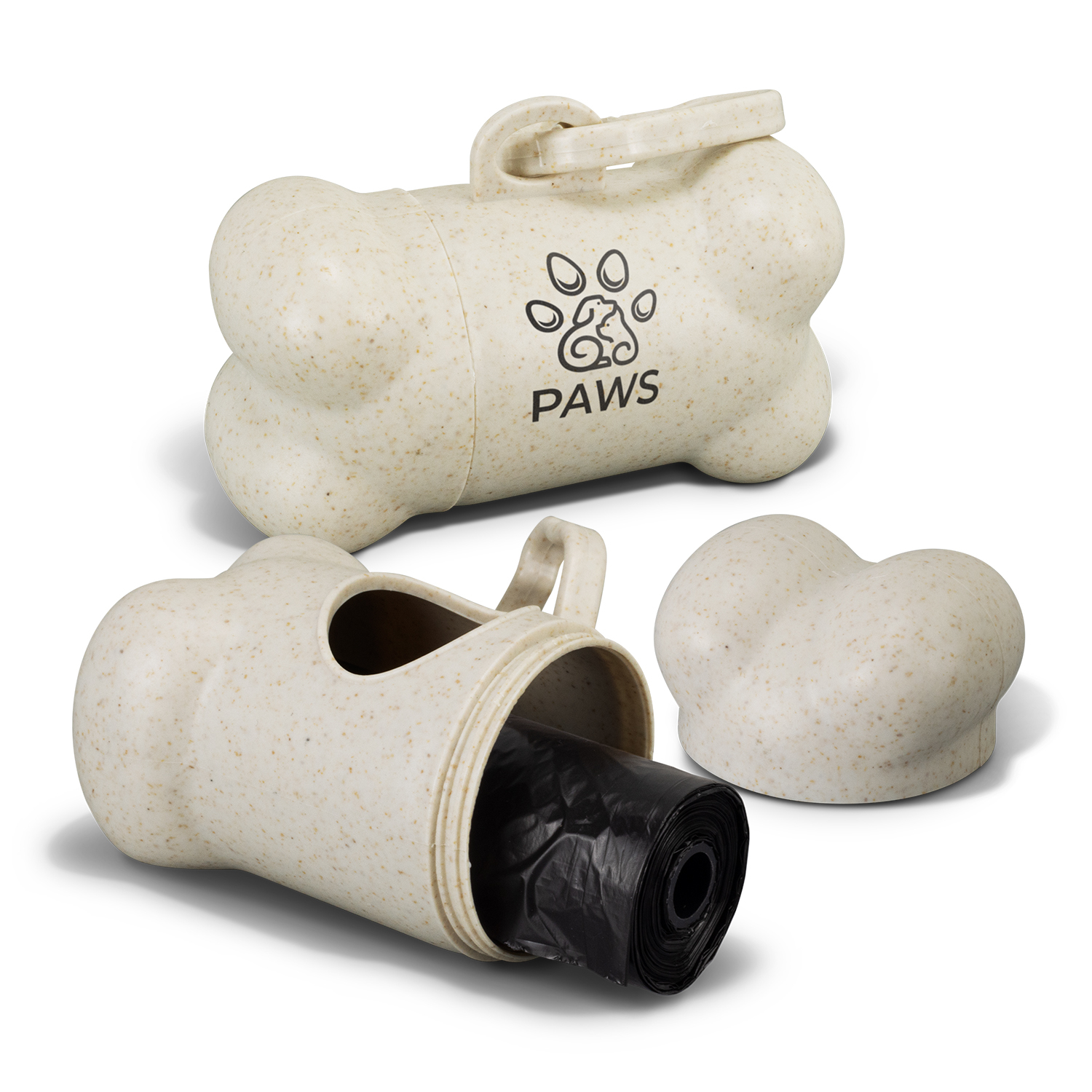 Pet Products
Pet Products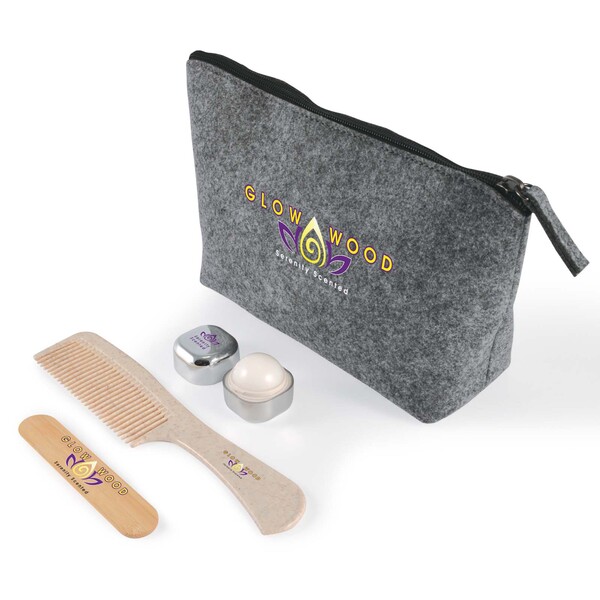 Personal Care
Personal Care Occasion Ideas
Occasion Ideas